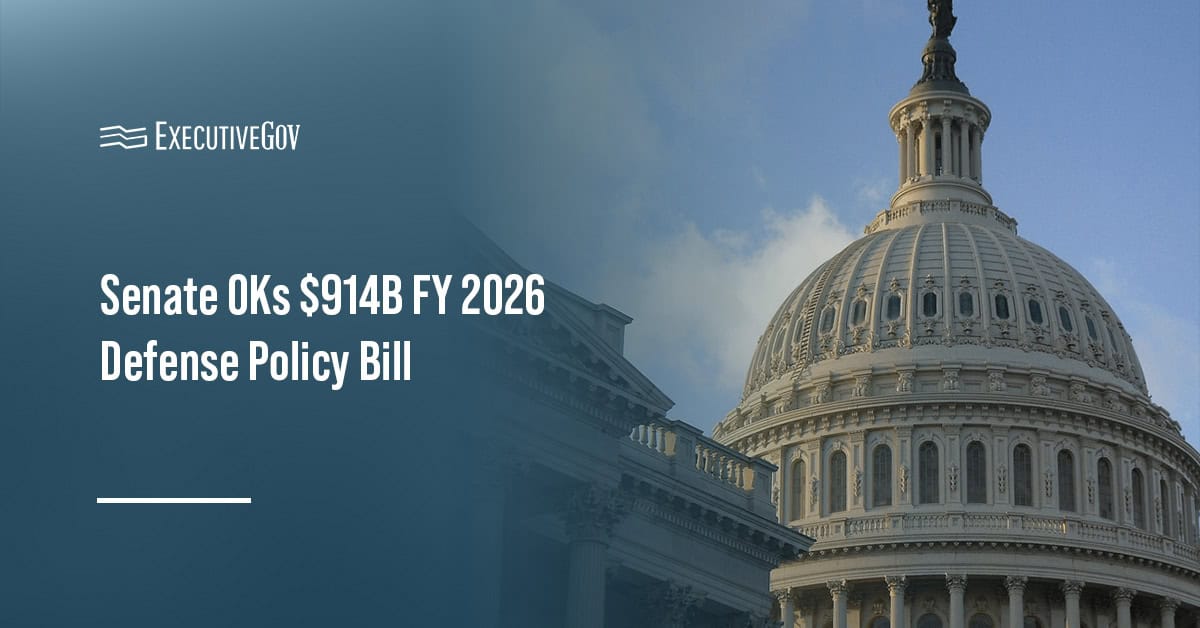The Senate on Thursday voted 77-20 to pass a $913.9 billion defense policy bill for fiscal year 2026, ending a monthlong delay caused by disputes over amendments that had stalled the measure, Breaking Defense said.
The Senate’s passage of the National Defense Authorization Act reportedly enables the House and Senate Armed Services Committees to start the conference process and work out a compromise between their respective versions of the bill.
Table of Contents
Senate-Approved Amendments in FY26 NDAA
Some amendments secured bipartisan support in the upper chamber. These include a provision to extend an existing prohibition on B-1 bomber retirements through the end of fiscal year 2030 and a measure that would provide the Department of Defense with additional authorities to mitigate drone threats over military bases.
“Hundreds of drones have been spotted in the vicinity of military installations over the past few years, including military-sensitive sites like Langley Air Force Base,” said Sen. Kirsten Gillibrand, D-N.Y.
“But current laws give the Department of Defense quite limited authority to mitigate these threats, and the patchwork of interagency coordination required to address them leaves gaps that endanger our military bases and the men and women who serve there,” Gillibrand added.
House’s FY 2026 NDAA
In September, the House approved its version of the NDAA, along with the Streamlining Procurement for Effective Execution and Delivery, or SPEED, Act. SPEED intends to shorten the Pentagon’s process of developing requirements from the current average of 800 days to just about five months.
The defense policy measure that passed the lower chamber would authorize $848 billion to modernize the U.S. military, give service members a 3.8 percent pay raise and strengthen border security efforts.
The House-passed NDAA would also codify over 45 of the administration’s executive orders and legislative proposals and advance the implementation of the Peace Through Strength agenda.





